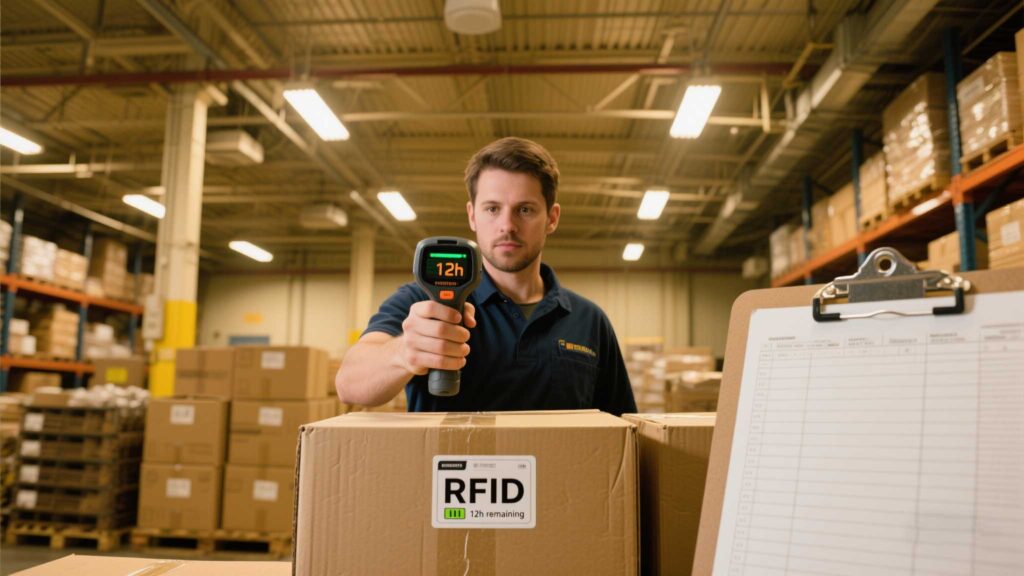How Do Handheld RFID Scanners Improve Inventory Accuracy?
777Discover how handheld RFID scanners enhance inventory accuracy and streamline operations. Learn why Cykeo’s solutions are trusted for error-free asset tracking.
MoreAll RFID Product
Battery life is a top concern for businesses relying on handheld RFID scanners for warehouse audits, retail inventory, or field operations. While most devices last 8–14 hours per charge, actual performance depends on usage intensity, environment, and hardware design. Here’s a detailed breakdown of what to expect and how to maximize uptime.

Most industrial-grade handheld RFID scanners use 5,000–7,000 mAh batteries, delivering 10–12 hours of continuous scanning. However, factors like these can drain power faster:
To extend battery life, prioritize scanners with:
Cykeo’s scanners, for instance, include a “Low-Power RFID Mode” that disables non-essential features during bulk scans, adding 2–3 hours to daily runtime.
Cykeo’s handheld RFID scanners use smart power management to balance performance and efficiency:
Discover how handheld RFID scanners enhance inventory accuracy and streamline operations. Learn why Cykeo’s solutions are trusted for error-free asset tracking.
MoreNFC tags vs RFID: Understand range, cost & use cases. Learn when NFC’s phone compatibility beats RFID’s industrial power. No jargon, just clear answers.
MoreLearn how door RFID readers work, common types, buying tips, and future trends to help you find the best access control solution.
MoreExplore how RFID ceiling readers work in real warehouses, from ceiling installation to staff adaptation, revealing efficiency gains and human-centered management.
More